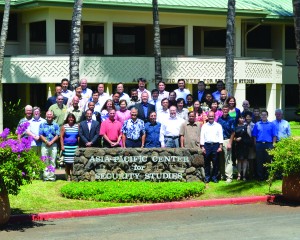 Coordination of bio-preparedness strategies across a region was the topic of a workshop held September 23-27 at the Asia-Pacific Center for Security Studies. The workshop, co-hosted by the Defense Threat Reduction Agency, U.S. Pacific Command and APCSS, brought together 33 security experts from across the region to discuss the challenges of preparing to respond effectively to biological threats and disease outbreaks.
Coordination of bio-preparedness strategies across a region was the topic of a workshop held September 23-27 at the Asia-Pacific Center for Security Studies. The workshop, co-hosted by the Defense Threat Reduction Agency, U.S. Pacific Command and APCSS, brought together 33 security experts from across the region to discuss the challenges of preparing to respond effectively to biological threats and disease outbreaks.
“Our goal was to bring together a very diverse set of countries to look at a range of topics, including building a shared perspective of bio-preparedness, identifying the opportunities and challenges provided by existing coordination mechanisms, and appreciating the requirement to include the whole of society in bio-preparedness planning and response,” said workshop academic lead, Dr. Bill Wieninger. “We had 33 participants and seven subject matter experts from 13 countries closely interacting over the five-day event.”
The group discussed the range and nature of such events, the role of various government and non-government entities in preparing and responding to an incident, and the value of coordination and information sharing among counties in an affected region. They evaluated existing best practices and developed recommendations and courses of action for improving future coordination.
Speakers covered topics such as: Early Indicators and Warnings – Recognizing an Emerging Crisis, Existing Mechanisms for Coordination and Information Sharing, Bio Lab Security and Best Practices, Public/Private Collaboration, and Strategic Communication.
Workshop participants also looked at case studies and shared perspectives on the dynamic threat environment, and participated in a table top exercise. “The workshop was very interactive, very smart, and most of all a very good learning experience,” said a participant.
In addition, Wieninger added “I would say the frank discussion in plenary on the morning of the final day was among the best I have seen at APCSS. In addition to increased understanding of the challenges and opportunities in information sharing, participants were very interested in conducting future workshops and Tabletop Exercises to build on our success.”
-End-


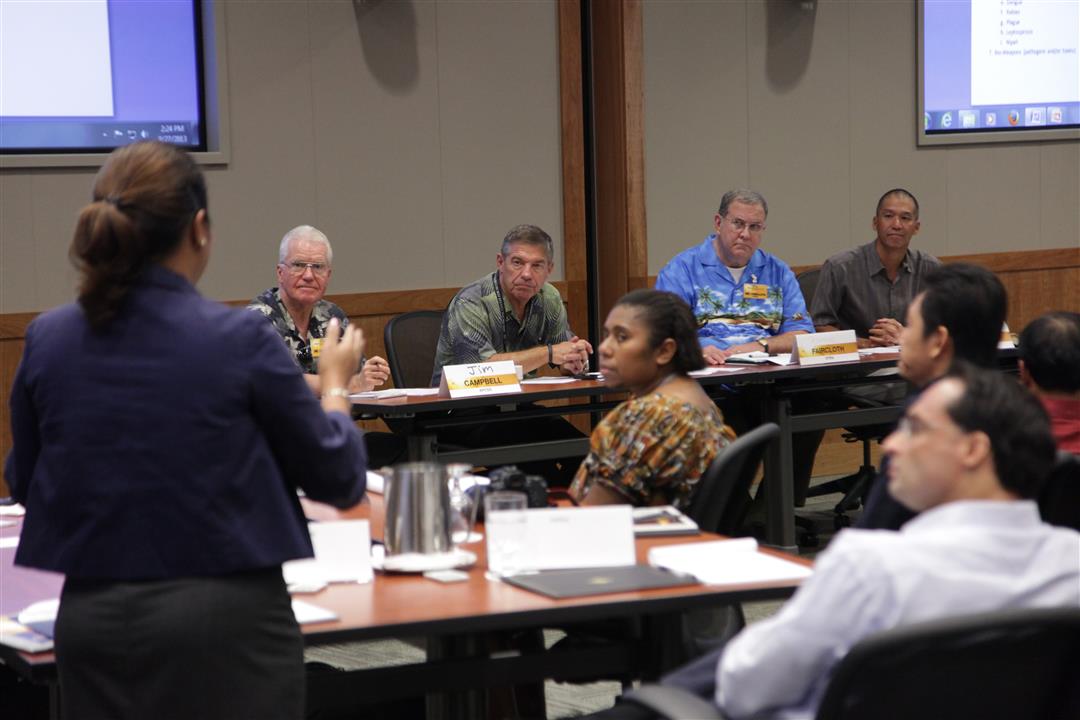
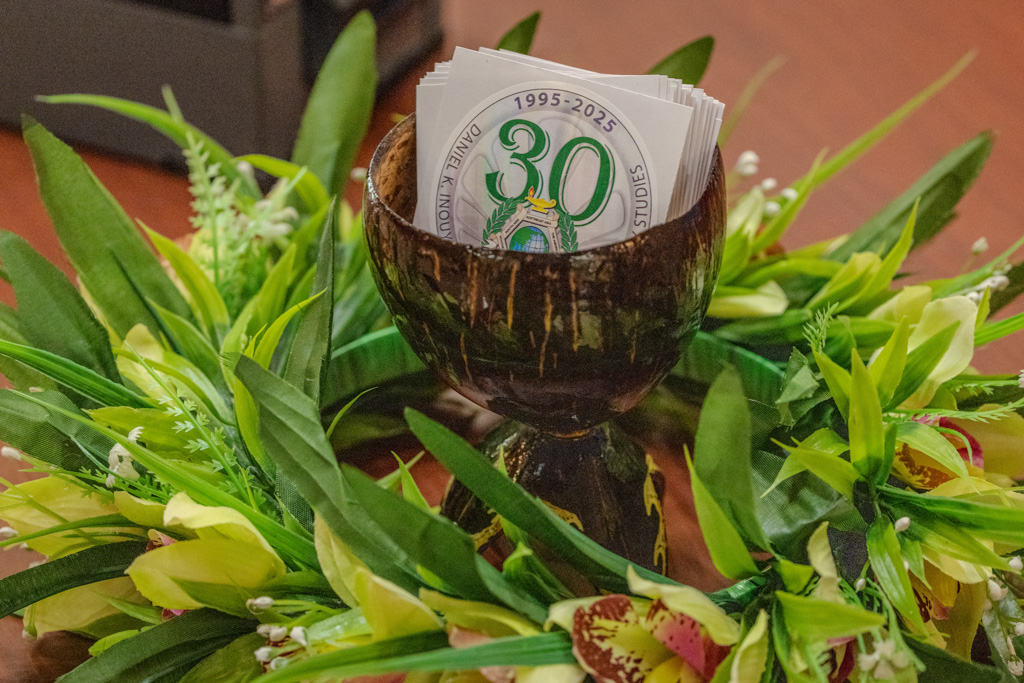
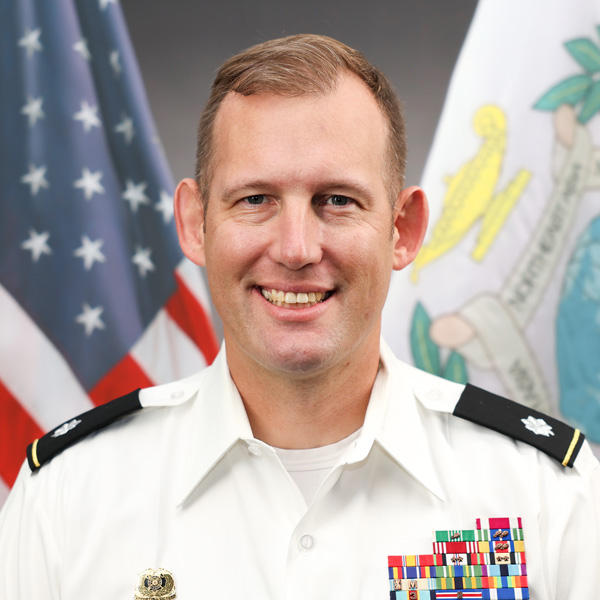
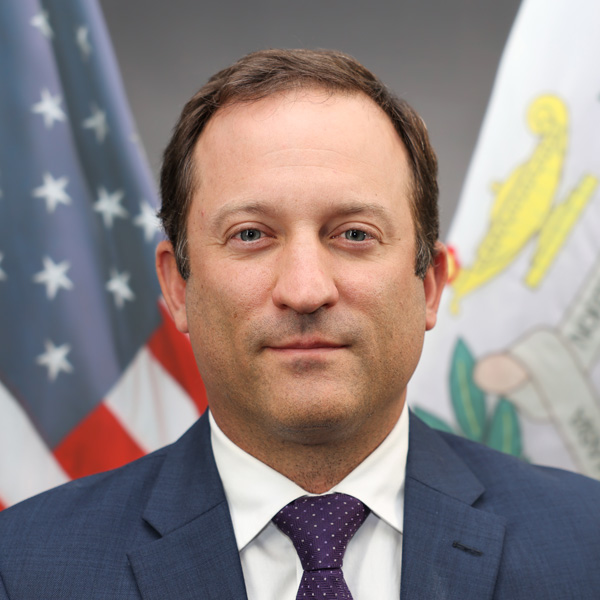




Leave A Comment